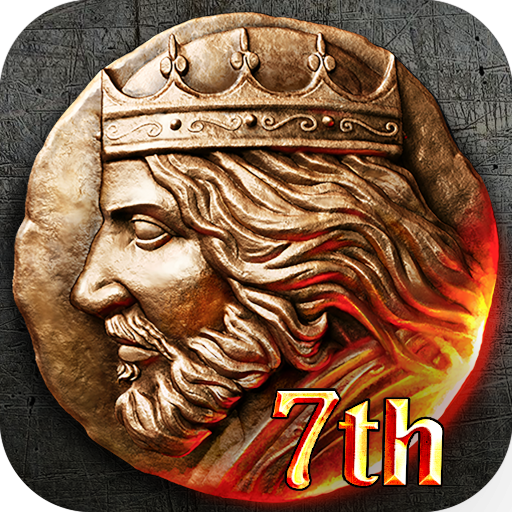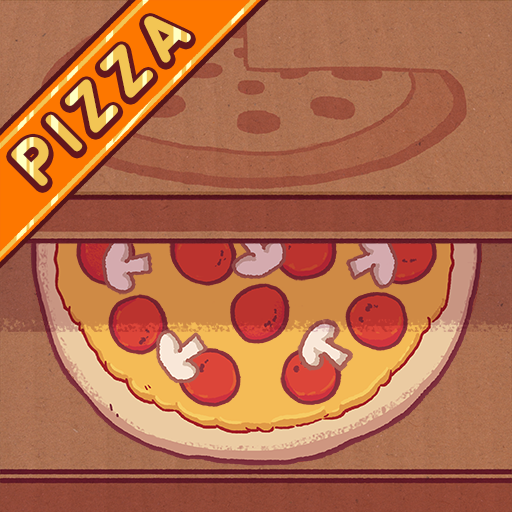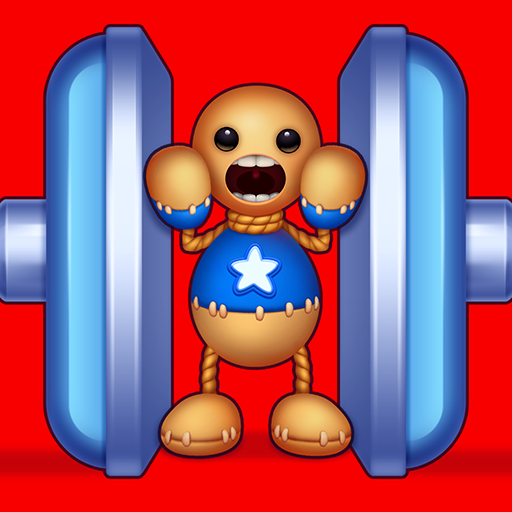Advertisement
Description
Getting Over It With Bennett Foddy is a brutally hard physics-based puzzle game. In Getting Over It, you get to control a man in a pot as he climbs a mountain with a hammer. At first, controlling the hammer will be awkward, and the game's lack of checkpoints or save will be frustrating, but as you play more, you'll master the game and learn more about yourself.
In Getting Over It With Bennett Foddy, you play as a shirtless man named Diogenes who lives in a pot. To progress in the game, you use your mouse (or trackpad) to control the hammer. Push against an object with the hammer and Diogenes will be moved in the opposite direction. Hook the hammer on top of an object and pull and Diogenes will be propelled towards the object.
Getting Over It With Bennet Foddy is a very unique game in many ways. First, it's very difficult to control. While the hammer is moved in a way that corresponds with the movement of your mouse, it's a very granular system that's hooked up to a complicated, quirky physics engine. Everything is deterministic, but small differences in the movement of your mouse and hammer will frequently correspond to totally different movement with your pot - if you move at all. Mastering the system will take a long time, and you'll probably find yourself moving backwards or falling off of ledges just as often as you drag and push yourself forward at first.
That said, the hammer is the only element of control that you have. You don't have to worry about coordinating different buttons or remembering skill cooldowns. Instead, all you have to concentrate on is the hammer. This makes Getting Over It With Bennett Foddy a very natural game to learn, as you get to concentrate on a single skill. If you beat the game, you will have gotten very, very good at moving the pot man with the hammer.
Second, the game's creator, Bennett Foddy, narrates the game every so often. Bennett Foddy will talk about philosophy and give quotes and insight related to both defeat and success as you play through the game. In many ways, this allows the game to serve as an introspective art piece that allows you to examine how you deal with hardship, setbacks, and triumphs. It's also a great opportunity to observe your own mental state as you attempt to learn a new, difficult skill.
Third, the game does not allow you to save. There are no checkpoints, quicksaves, or other similar measures that you can use. Instead, when you fall down the mountain because you misjudged a hammer movement, you fall until you hit something. At some points in the game, this means you fall very, very far, sometimes even all the way down to the beginning.
The lack of checkpoints accentuates the two points above. Not only is the game difficult and awkward to control, but you lose a lot of progress when you screw up. Similarly, when Bennett Foddy gives a quotation, it's especially impactful. The game's lack of saves and checkpoints allows the narration to resonate with a real, powerful emotional state. You'll probably feel better about progress in Getting Over It than you do about progress in other games, and you might feel more negative about losing that progress when you fall.
Ads
Advertisement
- Verified antivirus
- All link sources on this site are jumped to App Store, Google Play and other official platforms. No virus, no malware.

View on mobile
How to play
Getting Over It With Bennett Foddy is a brutally hard physics-based puzzle game. In Getting Over It, you get to control a man in a pot as he climbs a mountain with a hammer. At first, controlling the hammer will be awkward, and the game's lack of checkpoints or save will be frustrating, but as you play more, you'll master the game and learn more about yourself.
In Getting Over It With Bennett Foddy, you play as a shirtless man named Diogenes who lives in a pot. To progress in the game, you use your mouse (or trackpad) to control the hammer. Push against an object with the hammer and Diogenes will be moved in the opposite direction. Hook the hammer on top of an object and pull and Diogenes will be propelled towards the object.
Getting Over It With Bennet Foddy is a very unique game in many ways. First, it's very difficult to control. While the hammer is moved in a way that corresponds with the movement of your mouse, it's a very granular system that's hooked up to a complicated, quirky physics engine. Everything is deterministic, but small differences in the movement of your mouse and hammer will frequently correspond to totally different movement with your pot - if you move at all. Mastering the system will take a long time, and you'll probably find yourself moving backwards or falling off of ledges just as often as you drag and push yourself forward at first.
That said, the hammer is the only element of control that you have. You don't have to worry about coordinating different buttons or remembering skill cooldowns. Instead, all you have to concentrate on is the hammer. This makes Getting Over It With Bennett Foddy a very natural game to learn, as you get to concentrate on a single skill. If you beat the game, you will have gotten very, very good at moving the pot man with the hammer.
Second, the game's creator, Bennett Foddy, narrates the game every so often. Bennett Foddy will talk about philosophy and give quotes and insight related to both defeat and success as you play through the game. In many ways, this allows the game to serve as an introspective art piece that allows you to examine how you deal with hardship, setbacks, and triumphs. It's also a great opportunity to observe your own mental state as you attempt to learn a new, difficult skill.
Third, the game does not allow you to save. There are no checkpoints, quicksaves, or other similar measures that you can use. Instead, when you fall down the mountain because you misjudged a hammer movement, you fall until you hit something. At some points in the game, this means you fall very, very far, sometimes even all the way down to the beginning.
The lack of checkpoints accentuates the two points above. Not only is the game difficult and awkward to control, but you lose a lot of progress when you screw up. Similarly, when Bennett Foddy gives a quotation, it's especially impactful. The game's lack of saves and checkpoints allows the narration to resonate with a real, powerful emotional state. You'll probably feel better about progress in Getting Over It than you do about progress in other games, and you might feel more negative about losing that progress when you fall.
Test banner giữa
Advertisement
Reviews
Tags for this game
Featured Games
Advertisement





































